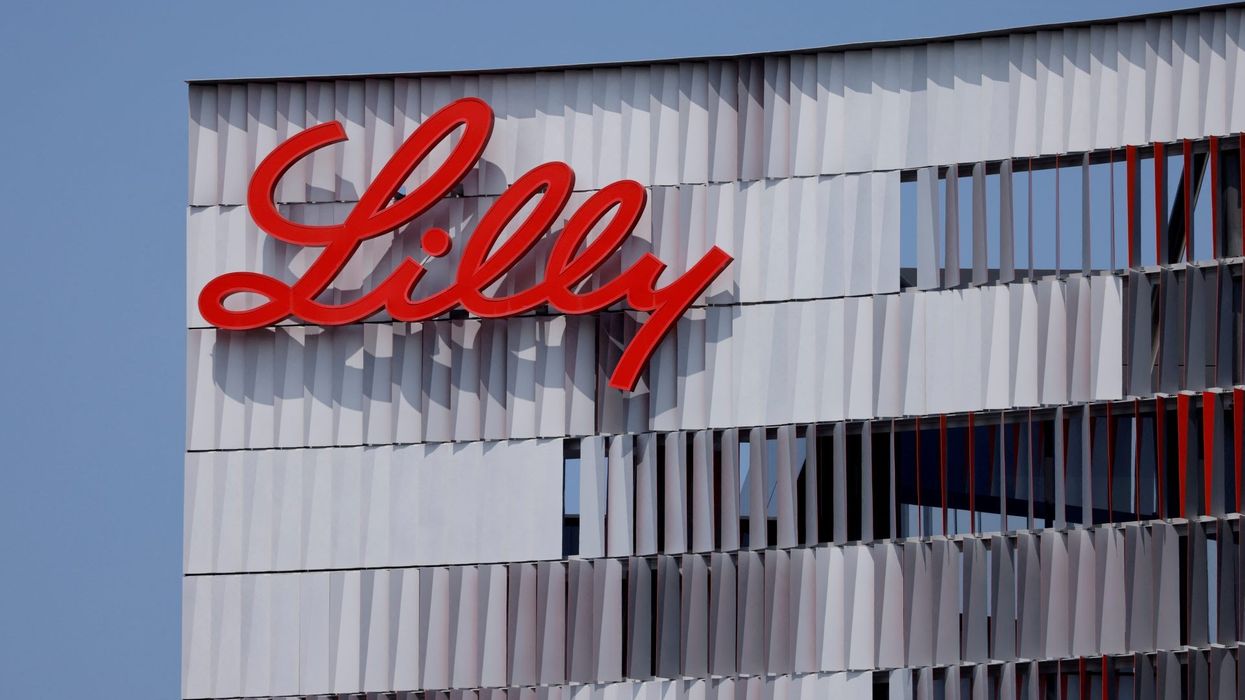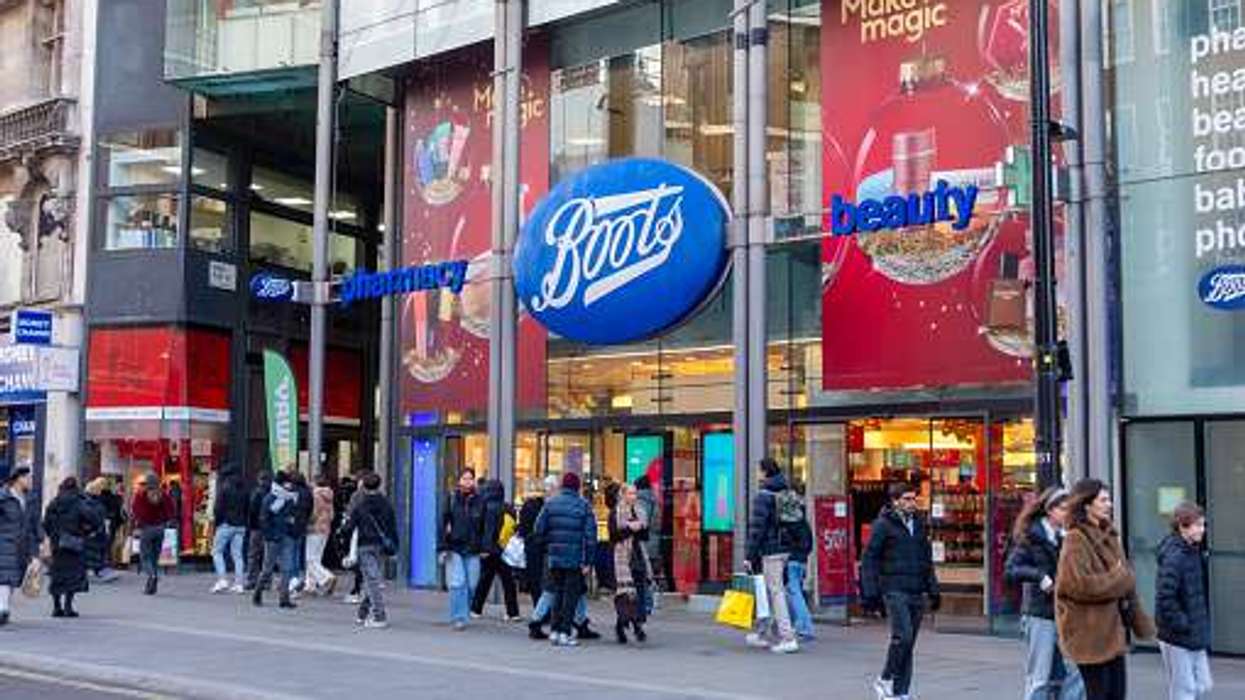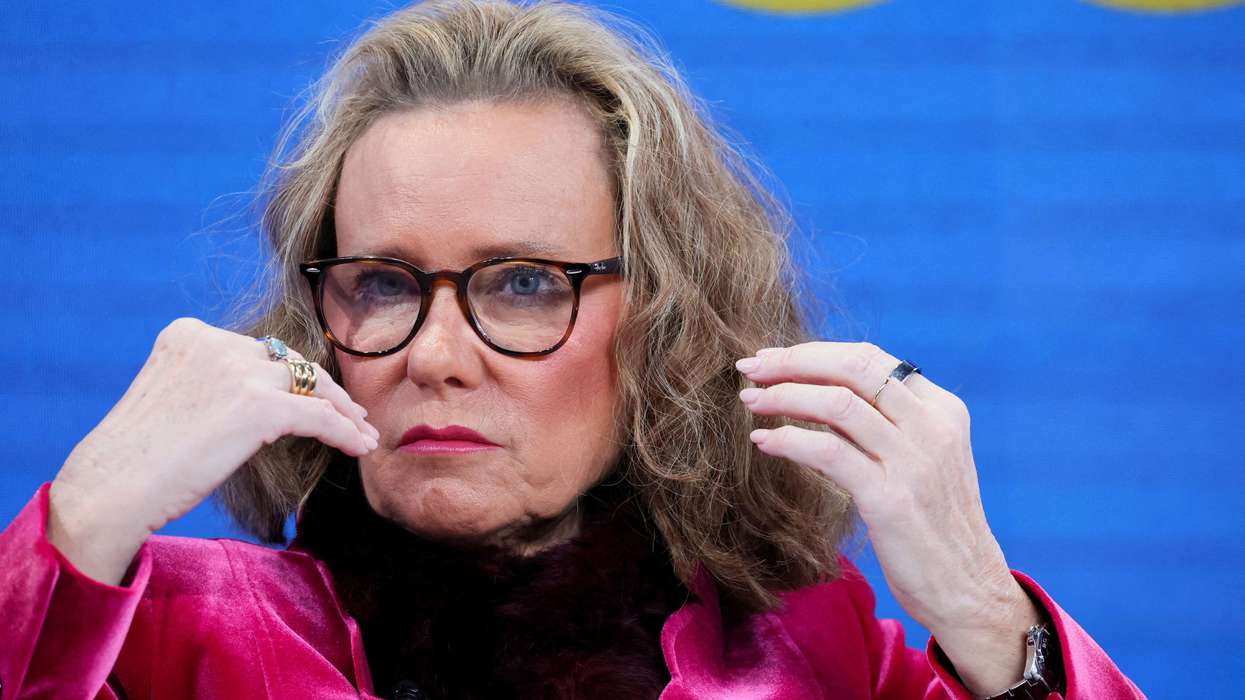Eli Lilly chief executive Dave Ricks said Britain was "probably the worst country in Europe" for drug prices, amid the scaling back of investments by various pharmaceutical giants in Britain.
Ricks said Britain would miss out on new drugs if it did not raise prices and scrap a rebate scheme which requires companies to contribute a portion of their UK drug revenue to the state-run NHS.
The VPAG rebate scheme - an agreement between the government, the NHS and the pharmaceutical industry - is aimed at improving patient outcomes, managing the NHS' medicine bill, and supporting the life sciences industry.
Pharmaceutical companies are pushing for the UK government to restart negotiations over VPAG – the voluntary scheme for branded medicines pricing, access and growth – which was created to keep NHS costs down.
However, the rebate payable by pharmaceutical companies for newer branded drugs rose to almost a quarter this year after NHS spending on such drugs grew much more than expected.
Britain pays less for drugs than other developed countries. Ricks told the Financial Times, "Unless that changes, I don’t think they will see many new medicines and I don't think they will see much investment.
"That's the UK's choice, but we react to those choices," he said, adding that the company "would like to get rid of the clawback scheme called VPAG . . . which charges us for our own success."
In response, a government spokesperson said Britain was working closely with industry to deliver on its goal of making "the UK the destination of choice for life sciences companies to invest," adding it was open to future engagement.
In August, US-based Lilly announced a temporary pause in UK shipments of its weight-loss drug Mounjaro, ahead of a new price hike of up to 170 percent for the treatment.
This month, Merck said it was scrapping research operations in London, citing a challenging business environment, while AstraZeneca paused a planned £200 million investment in its Cambridge research site.
Four projects worth more than £1.8 billion have been pulled or paused this year.












